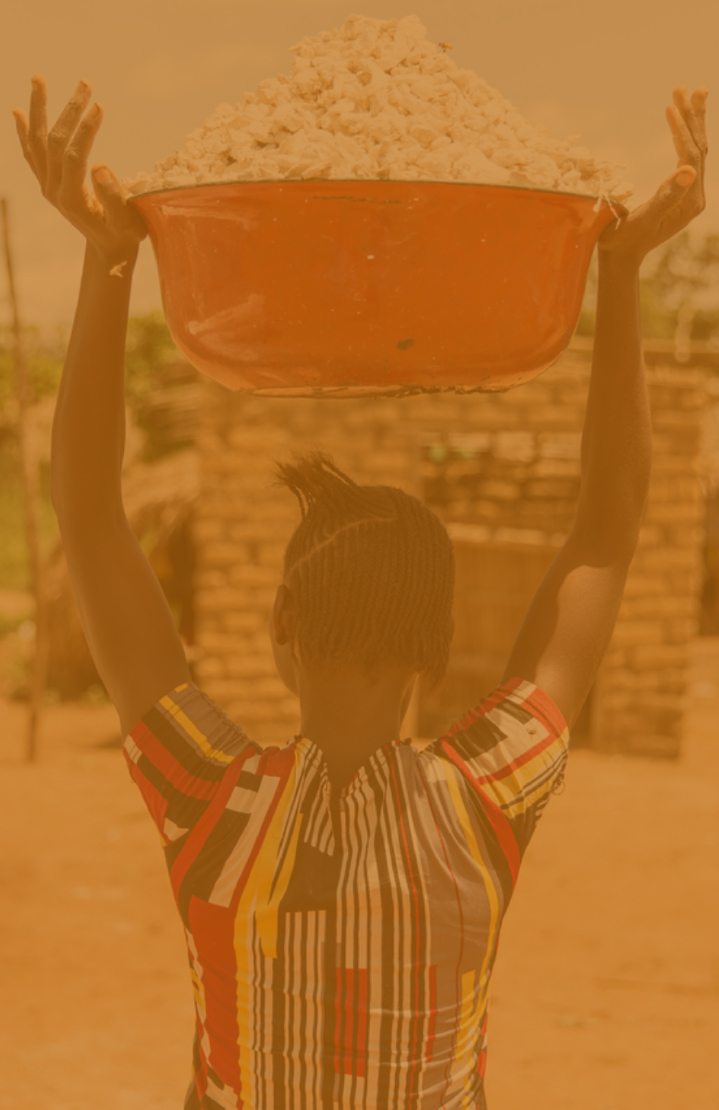-
Who We Are
WHO WE AREThe International Organization for Migration (IOM) is part of the United Nations System as the leading inter-governmental organization promoting since 1951 humane and orderly migration for the benefit of all, with 175 member states and a presence in over 100 countries. IOM has had a presence in Syria since 2001.
About
About
IOM Global
IOM Global
-
Our Work
Our WorkAs the leading inter-governmental organization promoting since 1951 humane and orderly migration, IOM plays a key role to support the achievement of the 2030 Agenda through different areas of intervention that connect both humanitarian assistance and sustainable development.
- Data and Resources
- Take Action
- 2030 Agenda
Displaying 157 - 168 of 173
SDG 3 - Good Health and Well Being
Addressing the health and well-being of migrants is a precondition for social and economic development.
Image
Size
Medium
BG image

SDG 8 - Decent Work and Economic Growth
Decent jobs and safe and secure work environments for migrants are essential if they are to become productive members of society and contribute to economic growth. In 2019, USD 714 billion in international remittances were transferred globally by migrants and diaspora back to origin countries.
Image
Size
Medium
BG image

SDG 17 - Partnerships for the Goals
Timely, reliable and comparable data on migration can help policy makers devise evidence-based policies and plans to address the migration aspects of the SDGs.
Image
Size
Medium
BG image

4 column, full width, title only, blue bg
Classes
fullwidth flexGrid -four-column title-only bluebg
Slideshow
Value
listing_slideshow
SDG 2 - Zero Hunger
Food insecurity can be a driver of migration for individuals and their families.
Image
Size
Small
BG image

SDG 9 - Industries, Innovation and Infrastructure
Migrants can transfer valuable knowledge and skills to their countries of origin and destination, helping to support technology development, research and innovation.
Image
Size
Small
BG image

SDG 16 - Peace Justice and Strong Institutions
Stronger, more transparent and accountable institutions and improved access to justice can help to protect and promote migrants’ rights.
Image
Size
Medium
BG image
